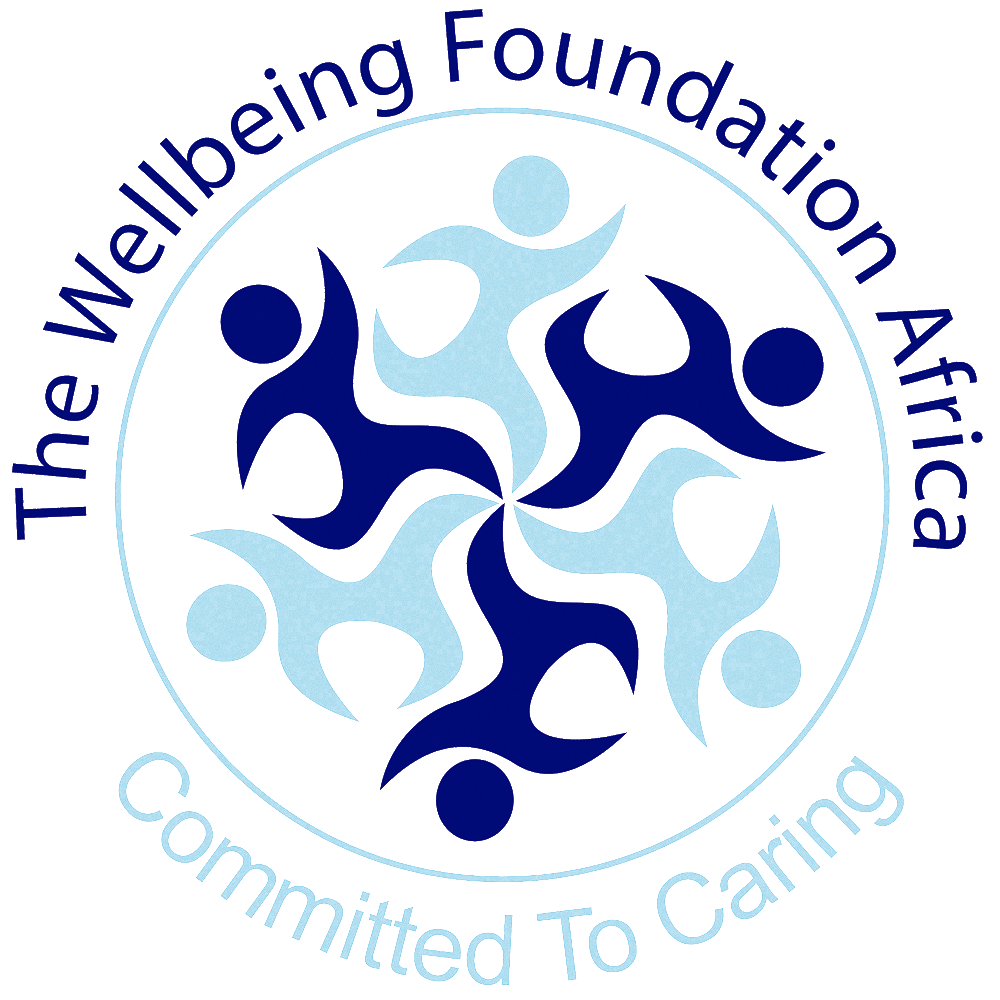WBF 24:7:365 COUNTDOWN TO 2015 ADVOCACY CAMPAIGN
Motivated by the magnitude of, and the urgent need to respond to, the maternal, newborn and child health challenges on the African continent, the WBFA launched and continues to develop a multi-platform advocacy and health information campaign under the banner of WBF 24:7:365 Countdown to 2015. The campaign points to the need to devote every hour of every day to changing Africa’s maternal newborn and child mortality rates. Currently nearly half of all maternal deaths occur in Africa and one in every eighth child will die before the age of 5. The sober truth is that, with the right clinical and public health intervention and, critically, the right information, many of these deaths are preventable.
The goal of 24:7:365 is to raise awareness and change behaviour in those areas that have significantly contributed to MNCH mortality and morbidity, including HIV, breastfeeding and family planning. Focusing on mothers, fathers and policy-makers, the campaign ensures all messages are aligned with current WHO guidelines.
Social media campaigns already carried out under #wellbeing247365:
WBFA has chosen to focus its first broad advocacy campaign on raising awareness of the importance of family planning as an intervention, owing to the single yet significant impact it can have on the MNCH indices across the African continent. We started by drawing attention to the overwhelming evidence on this impact presented by Dr Jean Fotso (PhD, Head, Population and Reproductive Health, Africa Population and Health Research Centre). Dr Fotso showed clearly and unarguably that country family planning programmes, including delay in first pregnancy, adequate birth spacing and smaller family size, could have the biggest impact on heath outcomes.
By contributing to the MNCH Civil society advocacy for family planning intervention and to the Landmark London Family Planning Summit, WBFA Africa was in the perfect position to make a formal commitment to the global effort to save the lives of women and children through this channel. The goal from the summit was simple: to reach out to those women in the poorest parts of the world who seek to delay, space or avoid becoming pregnant and provide an additional 120 million of them with access to affordable lifesaving contraceptive information and services. If successful, this single-minded initiative would result in:
At WBFA we’re fully aware that the effective mobilisation of resources, implementation of strategy and delivery to the frontline requires broad stakeholder engagement for policy development, resource allocation, private sector partnerships, civil society and community endorsement. But we are committed to promote family planning as an essential right for women in Africa by increasing our advocacy and developing associated Public Health Communications messages through our 24:7:365 campaign. We want people to understand clearly just how important it is in terms of MNCH and socio-economic development.
It’s not just the mothers to whom the campaign is reaching out; it’s fathers too, as they have an equally vital family role to play. The new campaign aims to change their attitudes towards family building, especially in terms of extending the interval between one child and the next, which will benefit not only the health of the mother and infant, but also the family as a whole by ensuring resources are less stretched and thus improving the quality of life.
Initially the campaign will be launched in Nigeria in partnership with the Family Health Department of the Federal Ministry of Health, but we hope to roll it out much further over time.

